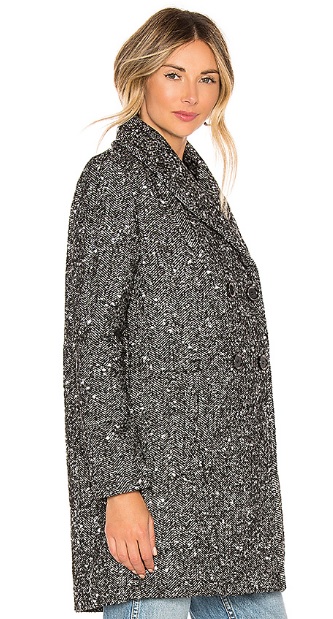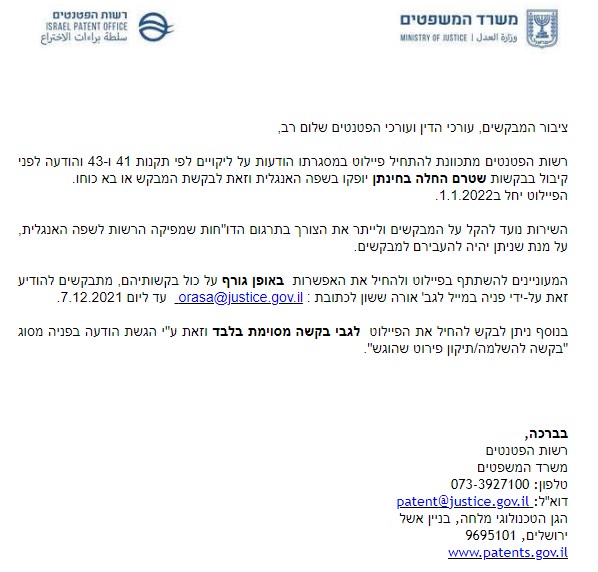The following interesting case in July 2018 is one of the few in Israel which involve an alleged well-known mark. An international clothing company clumsily tried to tip the scales in its favour. It alleged that that its products and the company should enjoy the benefits of being associated with a well-known mark. However it failed to establish a reputation in Israel befitting a “well-known mark”.
Background
Ron Uziel owns a single clothing shop,situated in a mall Rishon Lezion. He registered an Israeli trademark for “SOCIETY” for his goods. Amuse, LLC is an american clothing company that applied for an Israeli trademark for “AMUSE SOCIETY”. The mark was actually accepted before being opposed by Mr. Uziel. The Israeli Trademark Office was aware of the Mr. Uziel’s mark at the time of accepting Amuse’s mark. The Office had sent Amuse a notice of acceptance conditional upon the agreement of Amuse to notifying Mr. Uziel regarding the competing Israeli mark.
The major arguments
Amuse argued that its products are popular worldwide amongst both fashion consumers and designers. It alleged that the company had heavily invested in marketing and advertising products bearing the mark AMUSE SOCIETY. As a result the mark had become well known.
The company also alleged that the goods are informal and inexpensive, whereas Mr. Uziel’s products are relatively expensive. Amuse also contended that the marked goods are suitable for a different age group than Mr. Uziel’s products.
The downplay in the exclusivity of the products is presumably to try and establish that the mark is well-known due to the affordability of the products, in addition to the reasons given above. However, it seems to me that ploy of “popularizing” the products is counter-productive. Exclusivity and priciness go hand in hand with reputation.
Decision and remarks of the adjudicator
The contention that the marks are directed towards different goods was meant to establish that the target consumer is different for the contending marks. The target consumer is one of the factors in the “tripple test” used in Israel in determining whether two marks can coexist.
However, the adjudicator scathingly remarked that Amuse was stereotyping women in their designations. She ruled that all of its marked products should be viewed as suitable for Israel women in general.
Since Mr. Uziel’s mark was registered under class 25 as “clothing” goods, there was complete overlap between the target consumers of the two contending marks.
AMUSE is not strictly an adjective, since the mark is a corruption. But clearly SOCIETY was the dominant term as it is indisputably a noun. Therefore, the major term in the casual mind of the consumer was SOCIETY. As such, there is a strong likelihood of consumer confusion that the marks are directed to the same owner.
Last but not least: Amuse failed to furnish any evidence that it has a “well-known mark” in Israel, since there was no apparent marketing or advertising in Israel. Notably, Amuse’s website has no mention of distribution in Israel. I wonder whether the reluctance of many companies to list Israel as a commercial venue was a factor here.
The mark of Amuse was refused and the company was ordered to pay Mr. Uziel’s legal fees for 2000$ US.
Could Amuse have had freedom to sell outside the town of Mr. Uziel’s shop? Perhaps Israel is too small for that.






